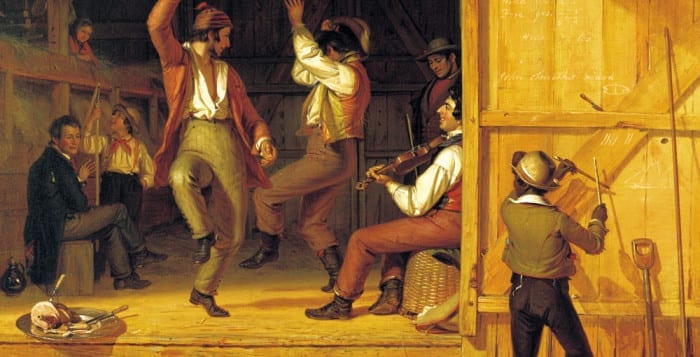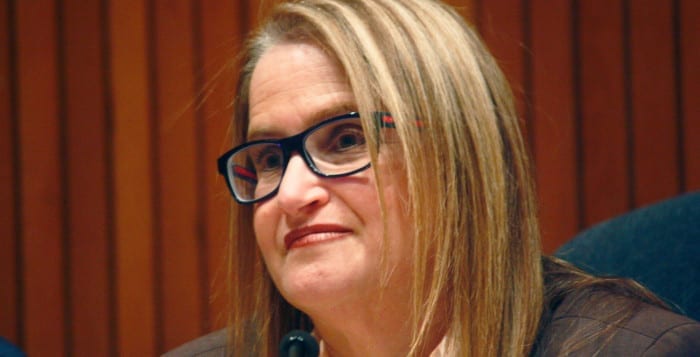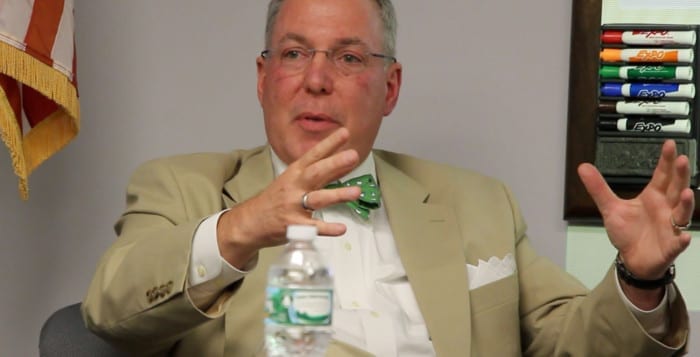When you see a headline claiming parenthood is worse than divorce, unemployment or the death of a partner — check out the August 11 edition of The Washington Post — you can’t turn away. You have to keep reading.
Even if the article turns out not to be quite what the headline implies, it’s definitely an attention grabber, because no matter how lacking in sleep or how many Legos you’ve collected from random places, in what feels like an endless loop, the notion that parenthood is worse than some pretty traumatic life events is kind of offensive.
Though it sounds like the study is saying having children makes people unhappy, what the researchers Rachel Margolis and Mikko Myrskyla are really saying is that parents’ first go around with baby #1 can influence the choice to have a second.
Oh. Well, that makes more sense.
In fact, the longitudinal study, conducted on German couples three years before the birth of a first child and at least two years after the birth, doesn’t actually compare parenthood to unemployment, divorce or the death of a partner, at all. But, it does, The Washington Post said, use the same happiness scale that has been used to measure such milestones. Even so, the deck seems pretty stacked if you’re measuring parenthood by that first year.
I mean, you’re talking about desperately sleep-deprived adults who are faced with the highest stakes responsibility of their lives! With no previous experience, I might add. Sorry, but babysitting in high school does not count. Not to mention the isolation, decisions about careers, childcare and worrying about how and where to pump if you are going back to work. And on a less dire, but still psychically stressful note, there is deciding what to wear to work, since it’s pretty unlikely the pre-baby era wardrobe will be making a reappearance.
What I liked about the study is that it actually acknowledges the effect that those issues — along with difficulties during pregnancy, giving birth or breastfeeding — have on that first year. It’s hard! And as the researchers mention, childrearing is “continuous and intense” and can be especially challenging without experience or social support.
The study finds that parents reported the highest well-being either right before the baby is born or right after, but that the biggest drop-off in well-being occurs within that first year after the birth. The researchers also found that among its participants, those who decided to have a second child had “a smaller drop in well-being in the year after the birth” of their first child and “gained more in life satisfaction around the time of a first child’s birth” than those who chose not to have a second child. Again, this seems pretty logical.
And unlike all of the blogs and books and things meant to ease newbies into their roles, the study does note the importance of social support in that first year. Grandparents, of course, are invaluable, because they’ve done it all before. They can see the big picture, which at the very beginning is so hard to see. They love us and they love their grandkids and they have tons of patience. (More than they had when we were kids).
Friendships with other parents are also key. It sounds simplistic and can be rather difficult to do with short parental leaves that barely grant enough time to bond with and enjoy the baby, but there is much to be said for being able to talk to someone who has experienced what you have recently or is making some of the same discoveries you are. When a good college friend came to visit a week after my first was born, she allayed many of my anxious, new-mom concerns about whether I was doing it right, because she had just been there and done that.
Even as the children grow and you grow into your role, it’s good to have those friends with whom you can swap stories, advice, children’s clothing and even emergency childcare. It can also mean lifelong friendships for the children too. And if it gets hard, it’s okay to say it’s hard, because you’ll probably hear that you’re not the only one feeling that way.
There is no question that becoming a parent is a joyous and transformative experience with a steep learning curve. And as any parent knows, you never stop learning or worrying about getting it “right.”
Whether it’s those lifelong friends transitioning with you or new ones you make along the way, having that support can make a difference. Because, everyone needs a little help from their friends. Especially when it comes to raising children.

















